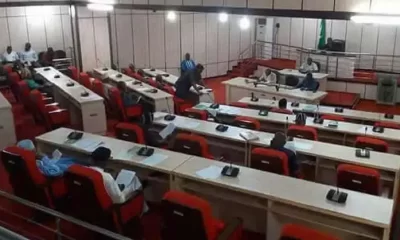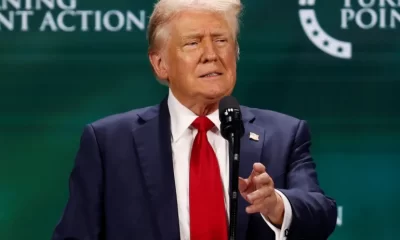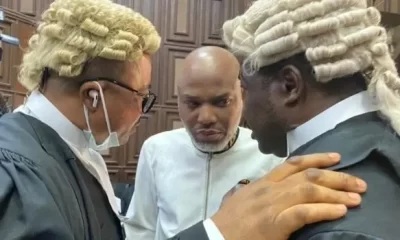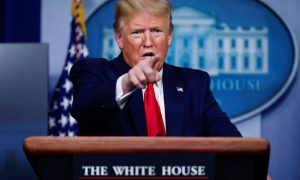World News
Victory for Trump as Supreme Court dismisses ballot hurdle

In a unanimous decision made on Monday, the US Supreme Court eliminated a significant barrier to former President Donald Trump’s quest to return to the White House. The court dismissed a ruling from a Colorado state court that could have hindered his inclusion on the ballot, citing insurrection allegations.
This pivotal decision comes just before the Super Tuesday primaries, expected to solidify Trump’s lead in the race for the Republican nomination against President Joe Biden in the upcoming November elections. The court’s ruling marks the most significant election-related case since the controversial halt of the Florida vote recount in the 2000 presidential election between Republican George W. Bush and Democrat Al Gore.
The core issue examined by the nine justices was whether Trump’s alleged involvement in the January 6, 2021, Capitol riot disqualified him from the Republican presidential primary ballot in Colorado. In a decisive 9-0 vote, the conservative-leaning court declared that the Colorado Supreme Court’s decision to disqualify Trump based on these allegations “cannot stand,” securing the 77-year-old frontrunner’s spot on the state’s primary ballot.
The case originated from a December ruling by the Colorado Supreme Court, which, invoking the 14th Amendment of the Constitution, aimed to disqualify Trump from the ballot due to his purported role in the Capitol attack. The attack was an effort by a mob to impede the certification of Biden’s 2020 election win.
Section 3 of the 14th Amendment prohibits individuals engaged in “insurrection or rebellion” against the Constitution from holding public office. However, during the Supreme Court arguments last month, justices from both conservative and liberal camps expressed reservations about allowing individual states to determine the eligibility of presidential candidates for the November ballot.
On Monday, the Supreme Court ruled that the “responsibility for enforcing Section 3 against federal officeholders and candidates rests with Congress and not the States.”

























